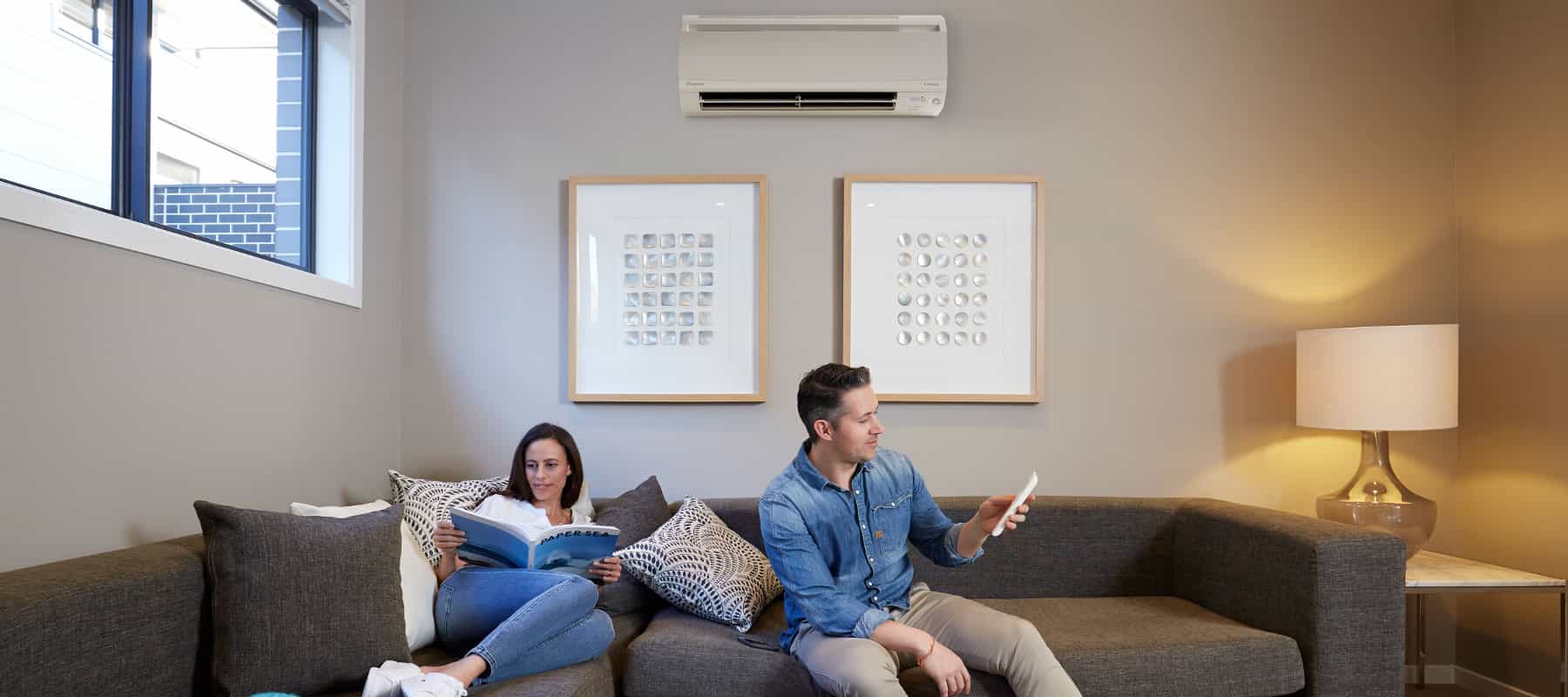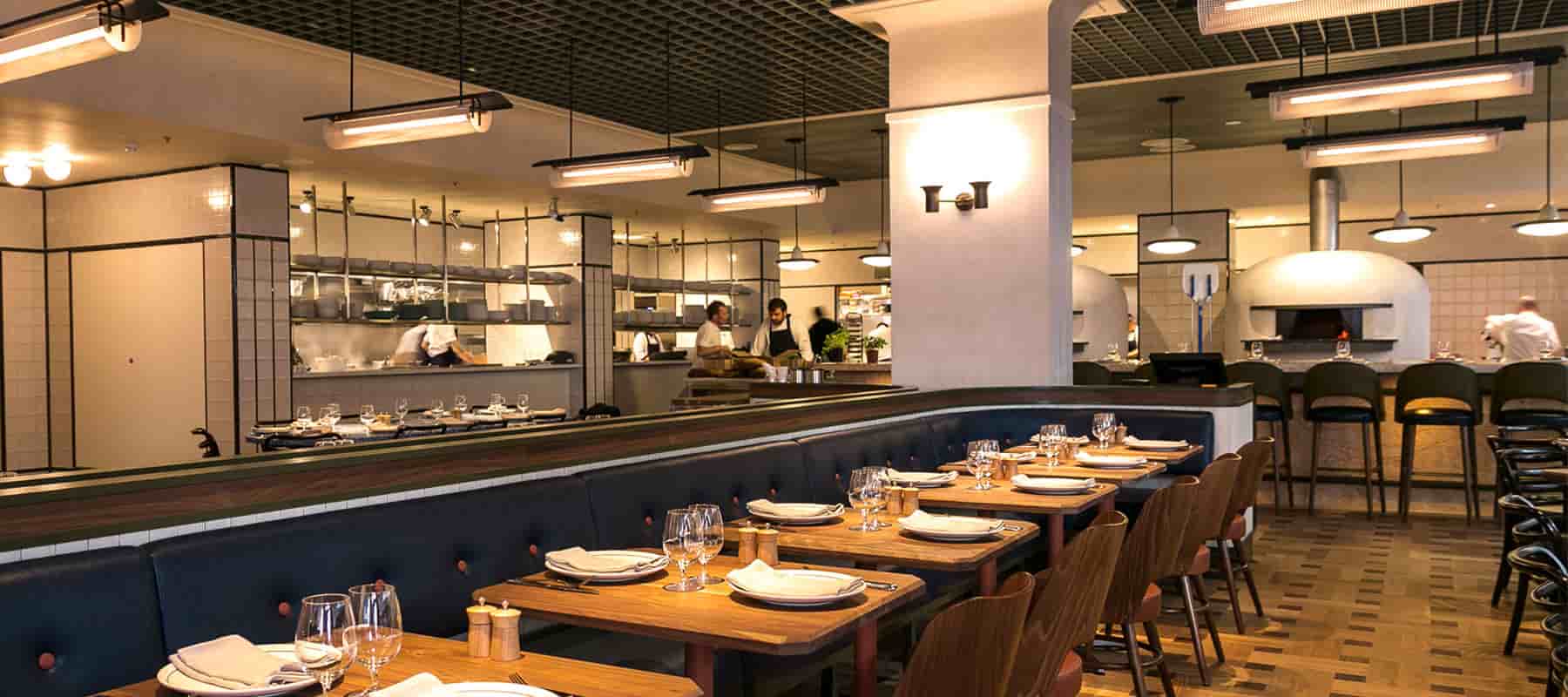My Air Conditioner Won't Turn On, What Could It Be? Check In These Matters
Now that summer's peak has arrived, many people are cranking up their air conditioners to beat the heat. But what should you do if your air conditioner won't turn on? Before you start to sweat, check out these basic troubleshooting techniques to see if you can get your air conditioner back up and running.
First things first, have a look at the present thermostat settings
Make sure the thermostat is set to "cool," and that the desired temperature is lower than the room's actual temperature. While you're at it, double-check that the fan is not set to the "auto" or "off" setting. When set to "auto," the fan will kick on only when the AC is actively dehumidifying the space. When the air conditioner is not actively cooling the air in the room and the "on" switch is selected, the fan continues to run continuously.
See whether the problem can be traced back to the panel that controls the house's circuit breakers
A large quantity of power is used by the electrical circuits that go through air conditioning systems. If there is a brief surge in electricity use, the circuit breaker might trip, cutting off power to anything connected to it. If that happens, your air conditioner won't cool the room correctly.
When a circuit breaker is tripped, it goes from the "on" position to the "off" position. Any tripped breakers should be turned back on to restore power. The air conditioning service is important here.
Make sure all the HVAC switches are switched on
Most central air conditioners have two switches, one for the compressor and one for the blower fan. One switch operates the inside unit, while the other controls the outside unit. Both switches must be in the "on" position for the air conditioner to operate.
A metal box on the exterior of your home usually houses the switch for the outdoor unit, and an inside switch is usually situated close to the air handler or furnace that is part of your system.
See whether the air filter needs to be changed because of dirt buildup
A dirty air filter may reduce airflow, putting stress on your air conditioner and increasing the risk of an overheated and shut down system. Most homes should swap out their air filters at least every three months throughout the heating and cooling seasons.
If you don't know how long it's been since you last changed your air filter or if it seems visibly dirty, you should do it right away. You should stock up on filters so that you can easily replace them out as needed. The right aircon service is important here.
Look for trash and overgrown plants in the area around the outside unit
The exterior unit of your air conditioner might get overheated and shut off if it is obstructed by landscaping, falling leaves, dirt, or other debris. Remove any obstructions to airflow, and make sure the unit has a horizontal clearance of at least two feet and a vertical clearance of several feet. Because outdoor air conditioners emit the most heat from the top, enough clearance above them is essential.




Comments
Post a Comment